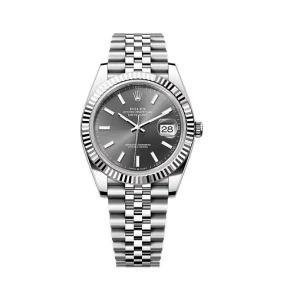
As a dog owner, you may have heard that dogs can eat apples. While this is true, there are certain things you need to know before feeding your furry friend this fruit. In this article, we will discuss the benefits of feeding apples to your dog, precautions to take when doing so, and some tips to keep in mind.
Benefits
Apples are a great source of fiber, vitamins A and C, and antioxidants. These nutrients can provide several health benefits for your dog. For example, fiber can help regulate digestion and prevent constipation. Vitamins A and C can boost the immune system and promote healthy skin and coat. Antioxidants can help prevent cancer and other chronic diseases. The crunch of an apple can help clean your dog’s teeth, which can reduce the risk of dental problems such as tartar and plaque buildup.

Precautions
While apples can be a healthy treat for your dog, there are some precautions you should take when feeding them.
- You should always remove the seeds and core of the apple before giving it to your dog. Apple seeds contain small amounts of cyanide, which can be toxic to dogs if consumed in large quantities. While one or two seeds may not cause harm, it’s best to be safe and remove them all.
- You should cut the apple into small pieces to prevent your dog from choking. Large chunks can get stuck in your dog’s throat or cause them to gag.
- You should never give your dog apple juice or apple sauce. These products often contain added sugars and preservatives, which can be harmful to your dog’s health.
- You should not feed your dog apples if they have diabetes or are overweight. Apples are high in sugar and can cause a spike in blood sugar levels, which can be dangerous for dogs with diabetes. Similarly, if your dog is already overweight, the extra sugar in apples can contribute to further weight gain.

Tips
Now that you know the precautions to take when feeding your dog apples, here are some tips to keep in mind.
- can dogs eat apples? Start with a small amount of apple and monitor your dog’s reaction. Some dogs may be allergic to apples or may have difficulty digesting them, so it’s important to introduce them slowly and watch for any adverse reactions such as vomiting, diarrhea, or an upset stomach.
- Try different types of apples to see which your dog prefers. Some dogs may prefer sweeter apples, while others may prefer tart or sour ones.
- Consider freezing small pieces of apple for a cool and refreshing treat on hot days. This can also help soothe teething puppies.
- You can mix small pieces of apple into your dog’s regular food as a healthy and nutritious addition.
- Remember that apples should not be a substitute for a balanced dog food diet. In spite of the fact that they can provide some health benefits if consumed in moderation and as a treat, they should only be used for this purpose.





